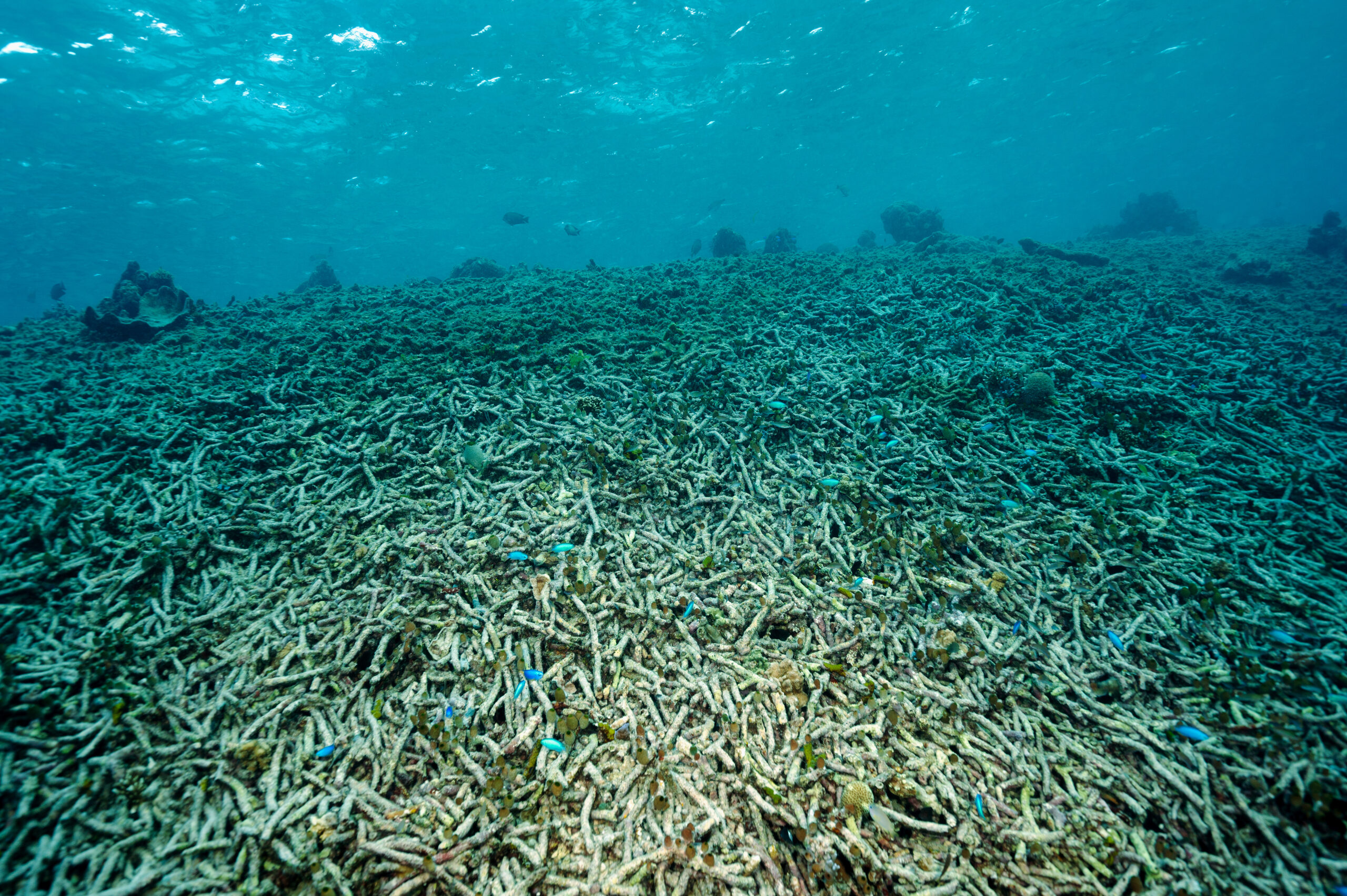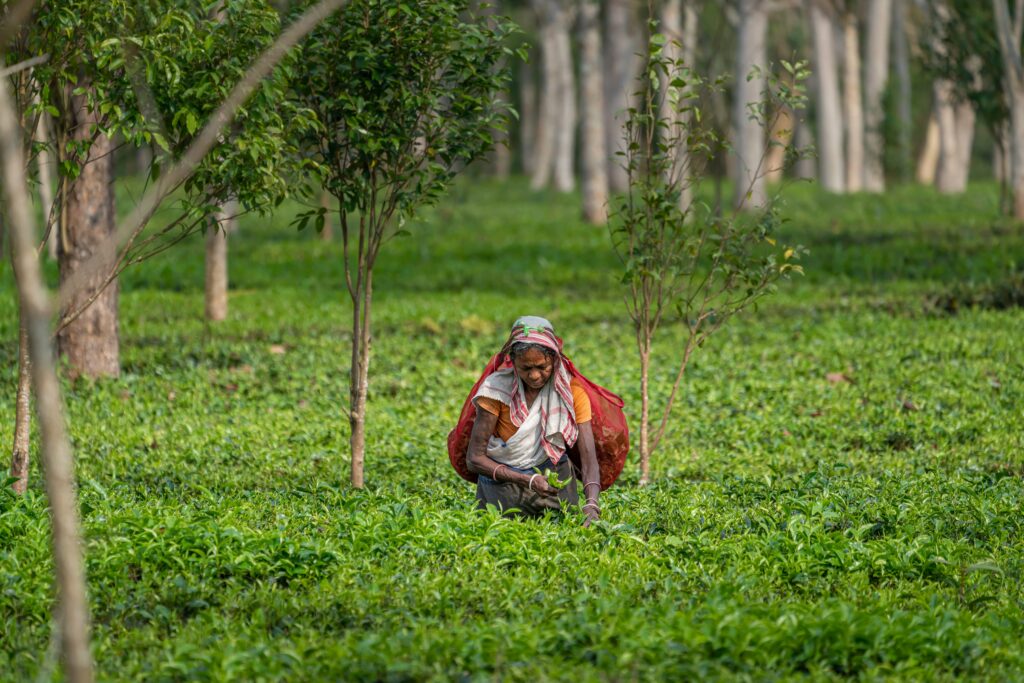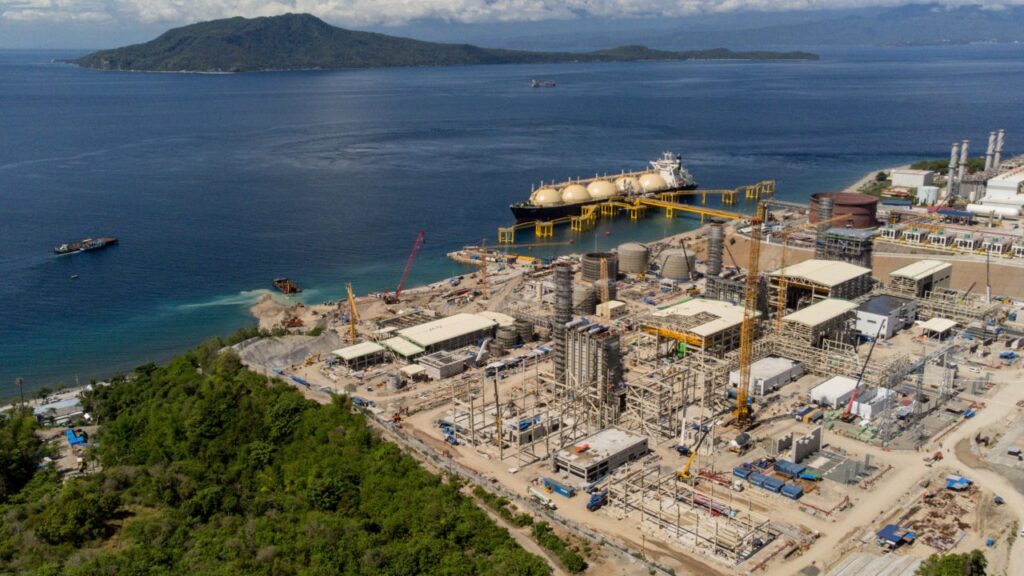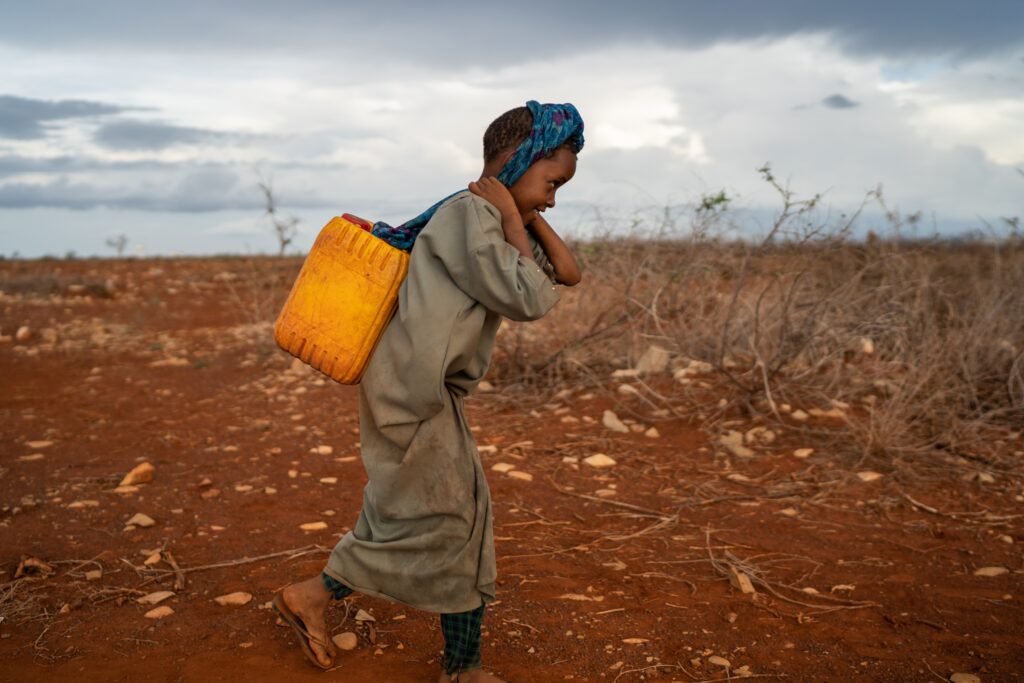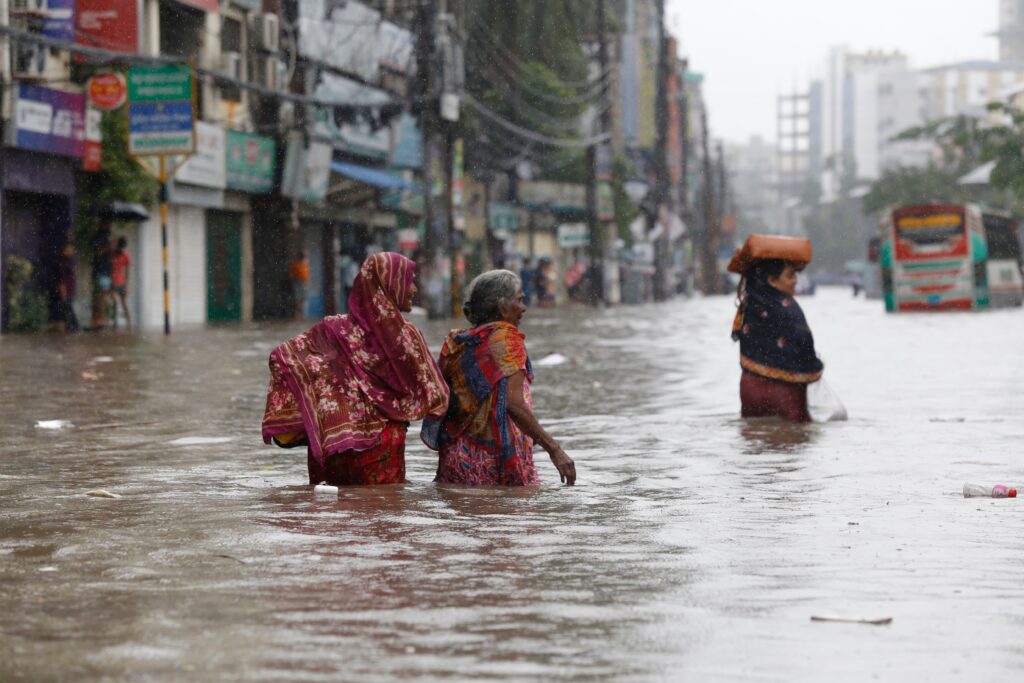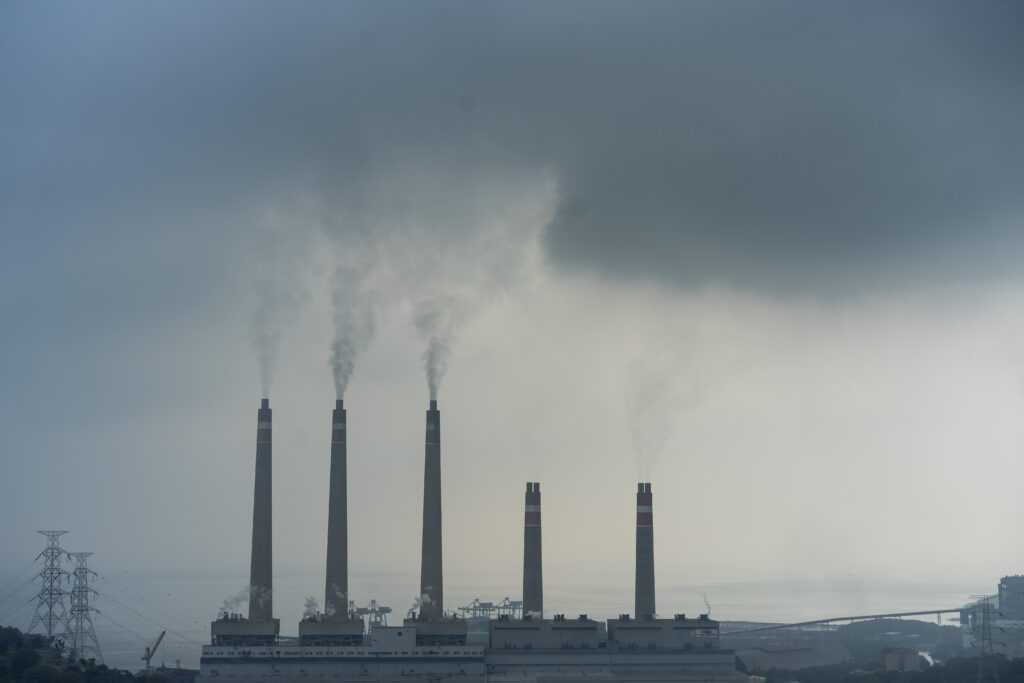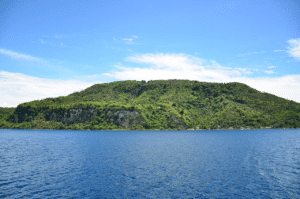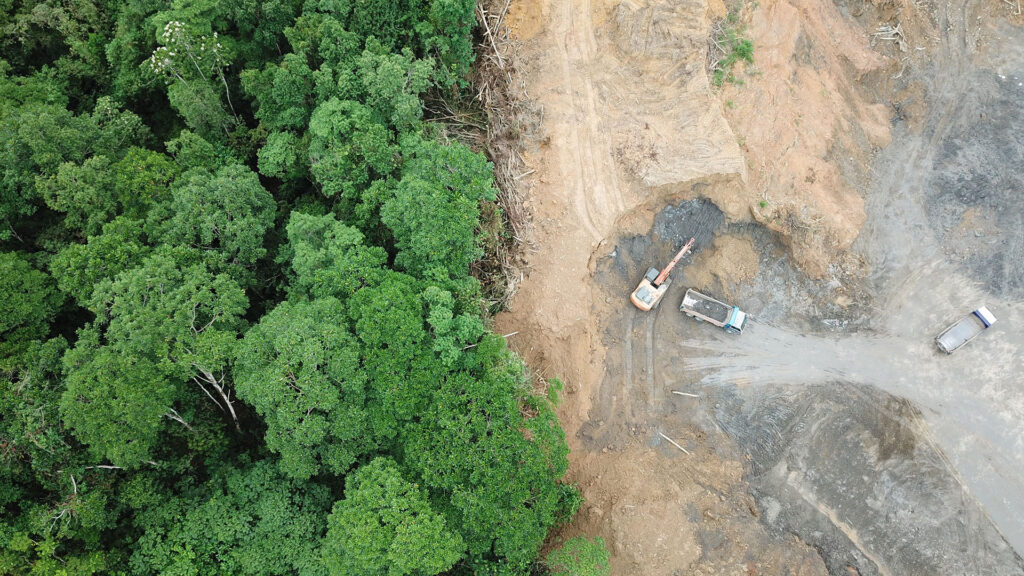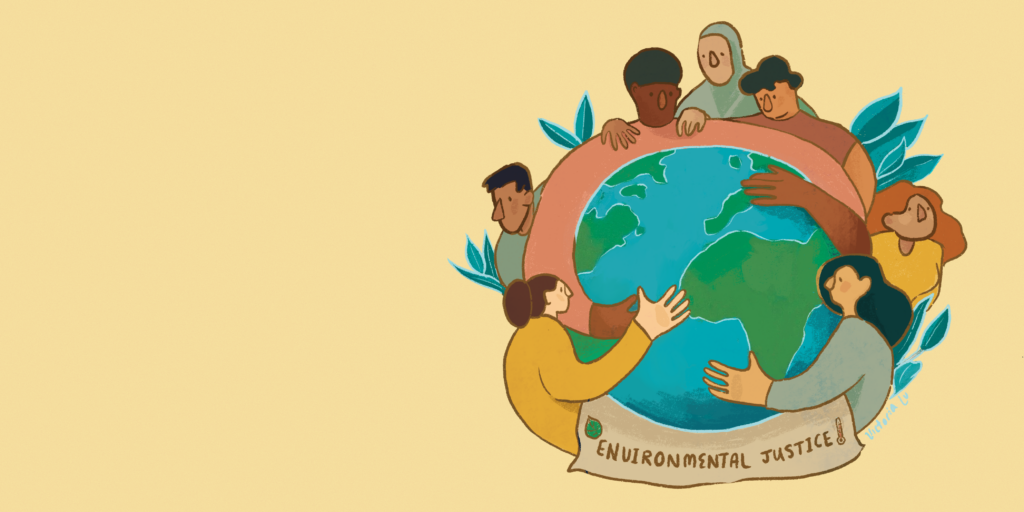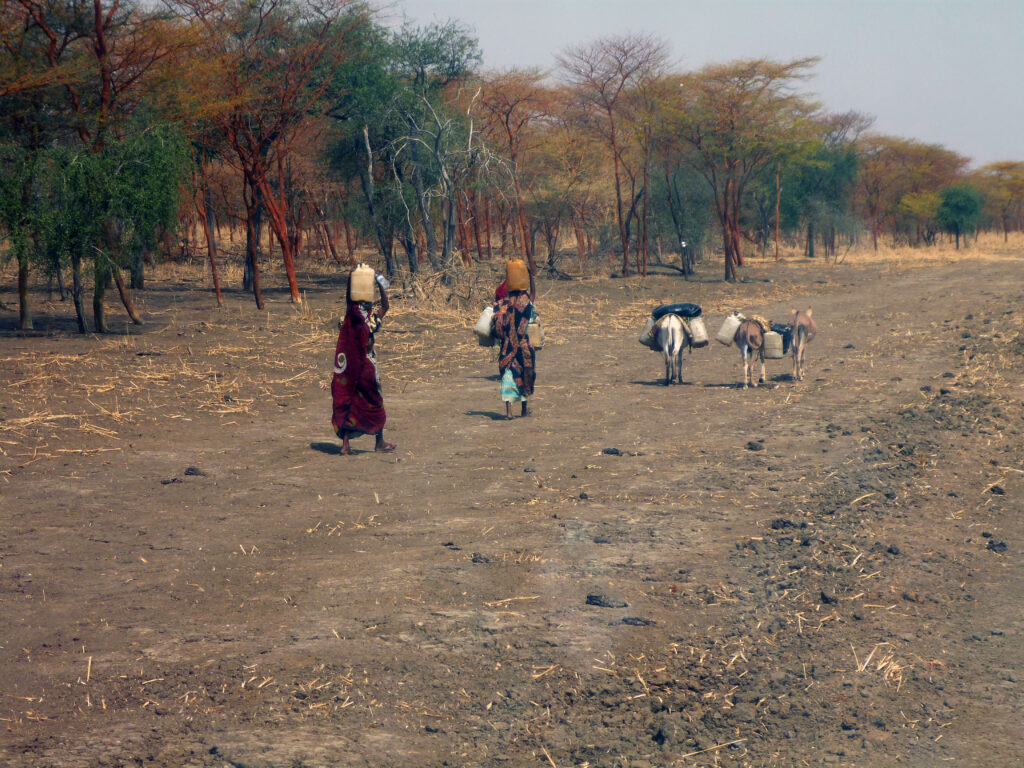Following years of steadfast campaigning, in 2023, the UN climate change process reached a historic agreement, establishing a loss and damage fund to help vulnerable countries cope with the effects of climate change. This fund is crucial for communities and nations disproportionately impacted by the crisis, which is harming livelihoods, infrastructure and the natural world.
Yet, while the fund covers climate-related losses related to biodiversity and ecosystems – such as damage from storms, flooding and droughts – the primary drivers of biodiversity loss in the Global South are land conversion and overexploitation for agriculture, highlight researchers from the International Institute for Environment and Development (IIED). This destruction is driven by unsustainable consumption in the Global North, while developing countries – which have contributed the least to this crisis – face the worst impacts.
“Just as emissions from rich countries are a key driver of climate change, commodity consumption in rich countries is a key driver of biodiversity loss — in both cases, the worst impacts are felt in developing countries,” the researchers said. “These impacts are significant, particularly for poor and marginalised people who often depend directly on natural resources and the services nature provides to meet their immediate livelihood needs.”
With no current process to compensate developing countries for these losses, there is a clear need to consider additional mechanisms to address damage to nature driven by consumption in wealthier nations. Dr. Dilys Roe, a principal researcher at IIED, said, “We need a system that ensures fair compensation by those countries consuming meat, timber and other commodities at the expense of the biodiversity and ecosystems that people in the Global South rely on.”
What Causes Ecosystem Destruction?
The extraction and processing of materials – food, clothing, housing, infrastructure – contribute to a staggering 90% of biodiversity loss and water stress. This is because the production of commodities such as meat, coffee, cocoa, palm oil, timber and rubber has forced vast land use changes and the overexploitation of natural resources. Our food system alone now occupies half of the Earth’s habitable surface.
In Asia, Indonesia’s palm oil industry has drastically damaged its landscape. The industry has driven the destruction of one-third of Indonesia’s old-growth forest – 30,000 square km – in the past 20 years, decimating native wildlife and harming Indigenous communities. In Thailand’s waters, massive overexploitation of fish stocks is depleting marine life, undermining local fishing communities and fuelling human trafficking. Unsustainable commodity demand is at the root of these destructive practices. As a result, low-income nations bear the brunt of nature’s loss, with the products often destined for wealthier consumers, such as those in Europe, North America and East Asia, to enjoy.
“At heart, this is a question of injustice in trade relations,” said Dr. Roe. Poorer countries lack the negotiating power of their wealthier counterparts, and small-scale farmers and fishers cannot compete with powerful commercial interests, she said.
Making matters worse, global demand for natural resources is at an all-time high and continues to grow. Over the past six years, the global economy has extracted and used almost as many materials as over the course of the entire 20th century. The UN predicts global natural resource consumption will increase by 60% by 2060 compared to 2020 levels. Our ecosystems cannot keep up with this spiralling consumption, as we are already demanding far more from the Earth’s resources than it can sustainably provide.
Overconsumption, Biodiversity Loss and Poverty
The lifestyles of people in the wealthiest nations depend heavily on resources extracted from lower-income countries, and likewise, global inequities in commodity consumption are stark. In high-income countries, the material footprint per capita can be more than 10 times larger than in low-income countries. UN figures show that in 2019, domestic material consumption per capita was 23.3 tonnes in the United States, 42.2 tonnes in Australia and 56.7 tonnes in Canada. In contrast, India’s was 5.5 tonnes per capita, Pakistan’s was 3.9 tonnes and Bangladesh’s was just 2.5 tonnes.
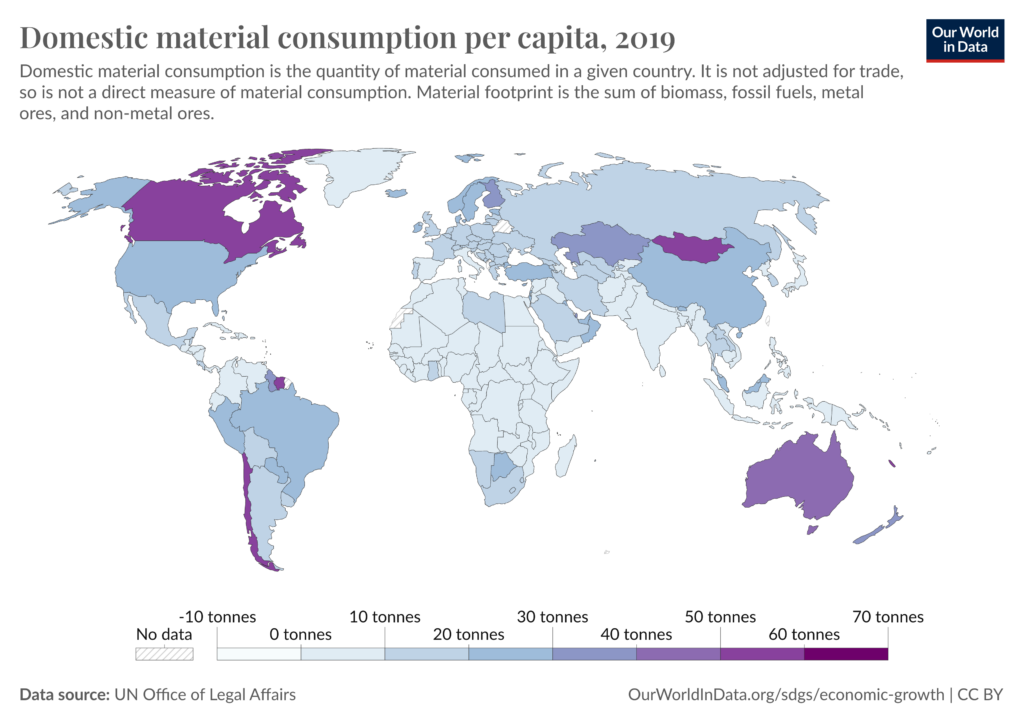
This overconsumption can impoverish those in the Global South in many ways, causing the loss of livelihood, cultural heritage, resources and identity. For example, there is a deep-rooted link between biodiversity and poverty reduction. The Convention on Biological Diversity (CBD) points out that critical development and economic sectors – including agriculture and livestock, forestry, fishing and housing construction – all rely on biodiversity. Most of the world’s poor, 70%, live in rural areas and depend directly on biodiversity for their livelihoods and culture. “The impact of environmental degradation is most severe for people living in poverty because they have few livelihood options to fall back on,” said the CBD.
The Need for a Loss and Damage Fund for Biodiversity
With these injustices so far overlooked in the UN climate change process, a fairer system would encompass all loss and damage to nature, whether caused by climate change or overconsumption. The IIED researchers propose this could involve a “consumer pays” principle, where richer countries pay compensation for the damage associated with their consumption. This mirrors the “polluter pays” principle regarding climate change – based on the notion that those who produce climate pollution should bear the costs of its impacts. “There is huge potential for the damages associated with biodiversity loss to be addressed either through the climate loss and damage fund or through an additional ‘consumer pays’ fund,” said Dr Roe. “What that looks like in practice can and should be determined by the Indigenous peoples and local communities directly affected by this crisis.”
Dr. Sarah Dalrymple, a conservation ecologist from Liverpool John Moores University, has expressed her support for the IIED’s proposal to incorporate loss and damage for biodiversity into global agreements. Dr Dalrymple said, “Nature conservation isn’t just about preserving ecosystems and species, but also needs to embed social justice at its core.”
Evelyn Smail
Writer, United Kingdom
Evelyn is a freelance writer and journalist specialising in climate science and policy, the just energy transition and the human impacts of climate change. She writes for independent publications, NGOs and environmental organisations. Evelyn has a background in sustainable development, climate justice and human rights.
Evelyn is a freelance writer and journalist specialising in climate science and policy, the just energy transition and the human impacts of climate change. She writes for independent publications, NGOs and environmental organisations. Evelyn has a background in sustainable development, climate justice and human rights.

